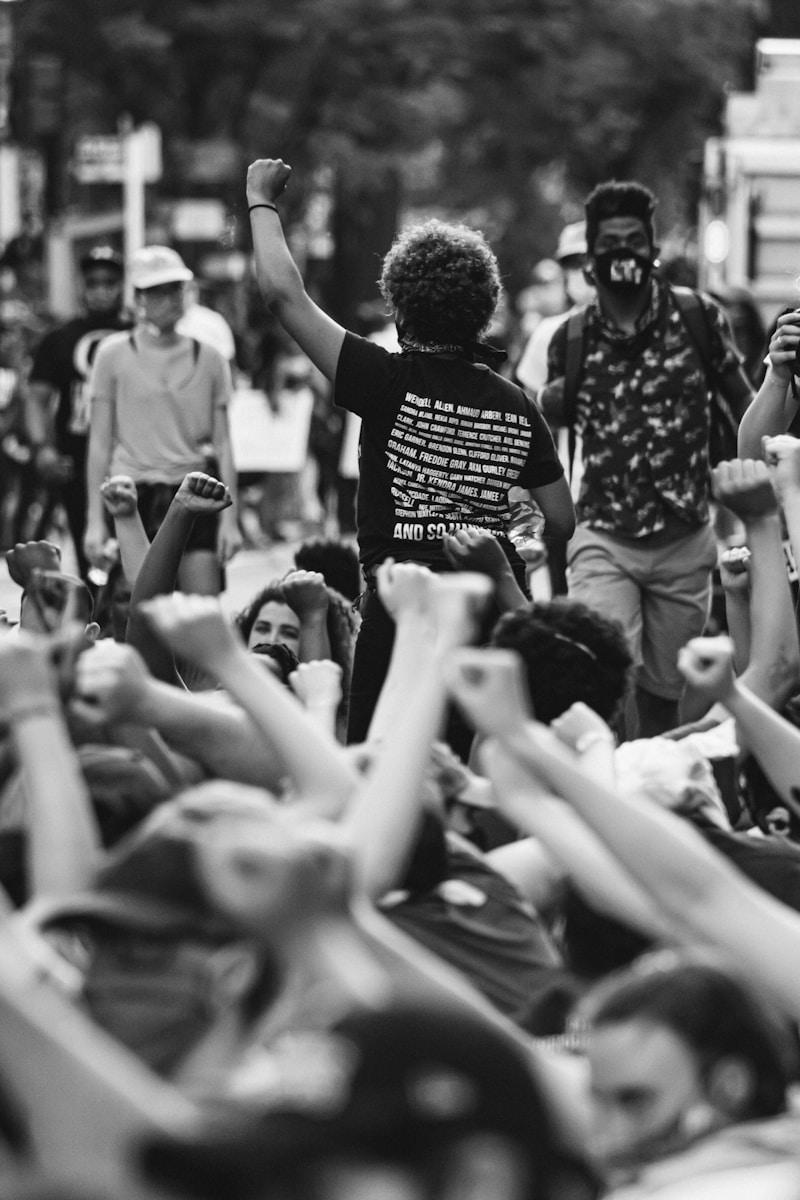Key Takeaways:
- Georgian riot police used pepper spray and water cannons on protesters.
- Demonstrations happened on the same day as local elections.
- Five protestors were arrested near the presidential palace.
- The ruling party claimed victory in every region, while major opposition groups boycotted
.
Tensions Escalate as Georgia Heads to the Polls
Georgia, a small country situated between Europe and Asia, saw a day of unrest on election day. Thousands gathered outside the presidential palace to protest against what they called unfair local elections. These protests quickly turned chaotic when police stepped in. Riot police used pepper spray and water cannons to force crowds to leave the area. By the end of the day, five activists were arrested.
This dramatic scene unfolded despite the fact that voter turnout was noticeably lower than in previous years. Many blamed the situation on the controversial election process and the absence of major opposition parties.
Local Elections Spark Public Outrage
The core keyword here is “local elections.” Often, local elections go quietly under the radar. But in Georgia, they triggered one of the most intense protests seen in months. As citizens headed to the polls, tensions rose across the country. Protesters took to the streets, chanting slogans and waving flags. Their message was clear—they do not support the current political system.
While the voting happened in peaceful parts of Georgia, the capital city of Tbilisi saw chaos. Protesters marched toward the nation’s presidential palace, demanding reforms. They accused the government of silencing the opposition and claimed the elections lacked fairness.
Opposition Boycott Raises Questions
Major opposition parties, unhappy with how recent national issues were handled, decided to boycott the local elections. This boycott sent a loud message to citizens and the world. It raised serious concerns about whether these local elections truly reflected the people’s will.
Without competitors from the country’s two largest political groups, the ruling Georgian Dream party secured all seats across the municipalities. Critics argue that winning without contest does not mean winning democratically.
Protesters believe this lack of competition in the local elections left voters with no real choice. Many young people, activists, and opposition supporters say the results would not have been the same if everyone had participated.
Police Use Force to End Demonstrations
Protesters had set up near the presidential palace to demand action. As the crowd grew, authorities moved in. Riot police used pepper spray and water cannons to break up the protest. Several people were hurt, and five activists were taken into custody.
Witnesses say the mood shifted quickly. What began as a peaceful protest turned violent when police moved in aggressively.
Local residents expressed shock over the use of such force. Some said they had never seen anything like this during local elections before.
Government Declares Complete Victory
Despite the unrest, the ruling party declared victory in all 64 municipal areas. They claimed the results reflected strong public support.
However, many citizens disagreed. They pointed out the huge number of people who either stayed home or voted under pressure. Others highlighted the absence of opposition candidates.
“This wasn’t a real election,” said one protester. “It was a political show.”
International reaction has been cautious so far, with observers awaiting official reports. Some human rights groups have started looking into police response and reports of mistreatment.
What’s Next for Georgia’s Democracy?
As local elections wrap up, questions remain. Will the government listen to the protesters? Can trust be rebuilt before the next national vote?
Many fear that strong police action will only increase frustration among the youth. Others worry the country is moving away from democratic values.
Still, many remain hopeful. They believe that the recent protests, although violent, are signs of a society that cares and wants change. Young movements continue to grow, spreading awareness and calling for peaceful action.
Opposition leaders say they are regrouping and plan to challenge the election results in court. Some are also calling for new elections that include all political players.
Georgia’s Local Elections: A Wake-Up Call
Local elections matter more than many people think. They affect everyday life—schools, roads, and local budgets. In Georgia, these elections have now become symbols of much bigger issues. People are fighting not just over votes, but over power, fairness, and freedom.
This recent wave of protests tells us one clear thing: Many Georgians are unhappy with the political direction their country is taking. The use of force, the one-sided election results, and the opposition’s absence only highlight deeper issues within the political system.
As Georgia moves forward, citizens and leaders alike must now ask tough questions. Will they fix the system? Will local elections ever reflect every voice again?
Only time will tell, but one thing is clear—the people won’t be silent.
FAQs
Why did the protests start during the local elections?
People felt the elections were not fair because major opposition parties did not take part. Many believed this left voters with no real options.
Were the protests peaceful?
The protests began peacefully but turned violent when police used pepper spray and water cannons to control the crowd.
Which party won the local elections?
The ruling Georgian Dream party announced that it had won in every municipality across Georgia.
Why did opposition groups boycott the local elections?
They felt the process was unfair and believed their involvement would not lead to a true expression of the people’s will.
